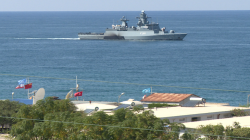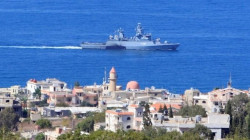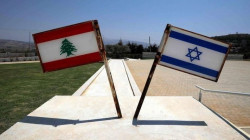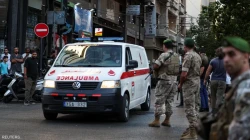Lebanese government accuses Israel of Wednesday's explosions killing 14, injuring hundreds
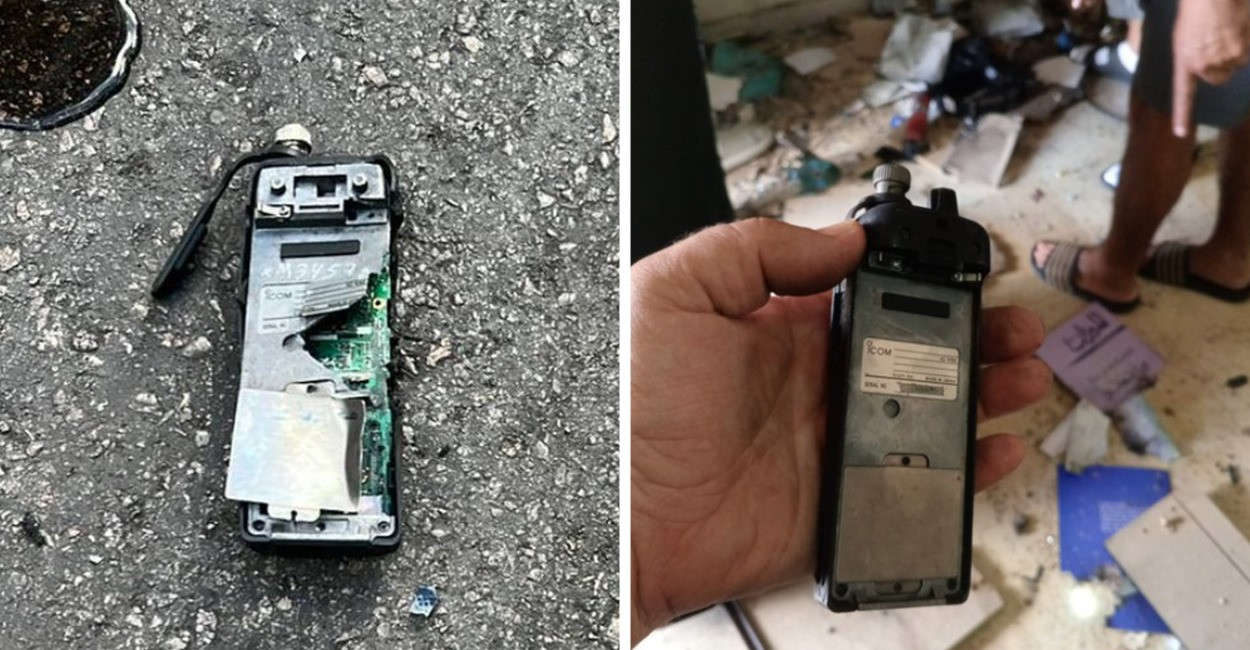
Shafaq News/ Lebanon's Ministry of Telecommunications on Wednesday accused Israel of being behind a series of explosions involving wireless communication devices, which resulted in the deaths of 14 individuals and left hundreds injured.
In a statement, the ministry pointed to the detonation of "Icom V82" devices, typically used by members of Hezbollah, as the cause of the explosions. "The Icom V82 devices that were detonated were not purchased through authorized channels and were not licensed by the Ministry of Telecommunications, which usually requires approval from security agencies," the ministry said.
The blasts occurred following a similar incident a day earlier in which 12 people were killed and over 2,800 injured in explosions involving pagers used by Hezbollah members in various public locations across Lebanon.
The explosions have caused widespread panic in Lebanese streets, prompting a state of emergency in hospitals and healthcare facilities.
Several countries and international organizations condemned the attacks, with reports from various international news agencies and US officials linking the Israeli Mossad intelligence agency to the incidents. Israel has yet to issue any official response.
According to the Lebanese National News Agency (NNA), some of the devices involved in Wednesday's explosions were found in different areas, including inside a car in Jdeideh Marjayoun near a cemetery, while two individuals were injured in another incident involving a device in Bekaa Valley’s Ali al-Nahri.
Icom devices, commonly used for both civilian and military purposes, vary widely based on use case and location. The Icom V82, for example, is a popular model used in ham radios for both short- and long-range communications, according to the website of Icom America, a subsidiary of the Japanese firm founded in 1964.
Since its inception, Icom has produced various wireless communication devices, serving the needs of industries including maritime, aviation, and land-based mobile operations. Its radios are often used by sailors, pilots, and in public safety sectors.
